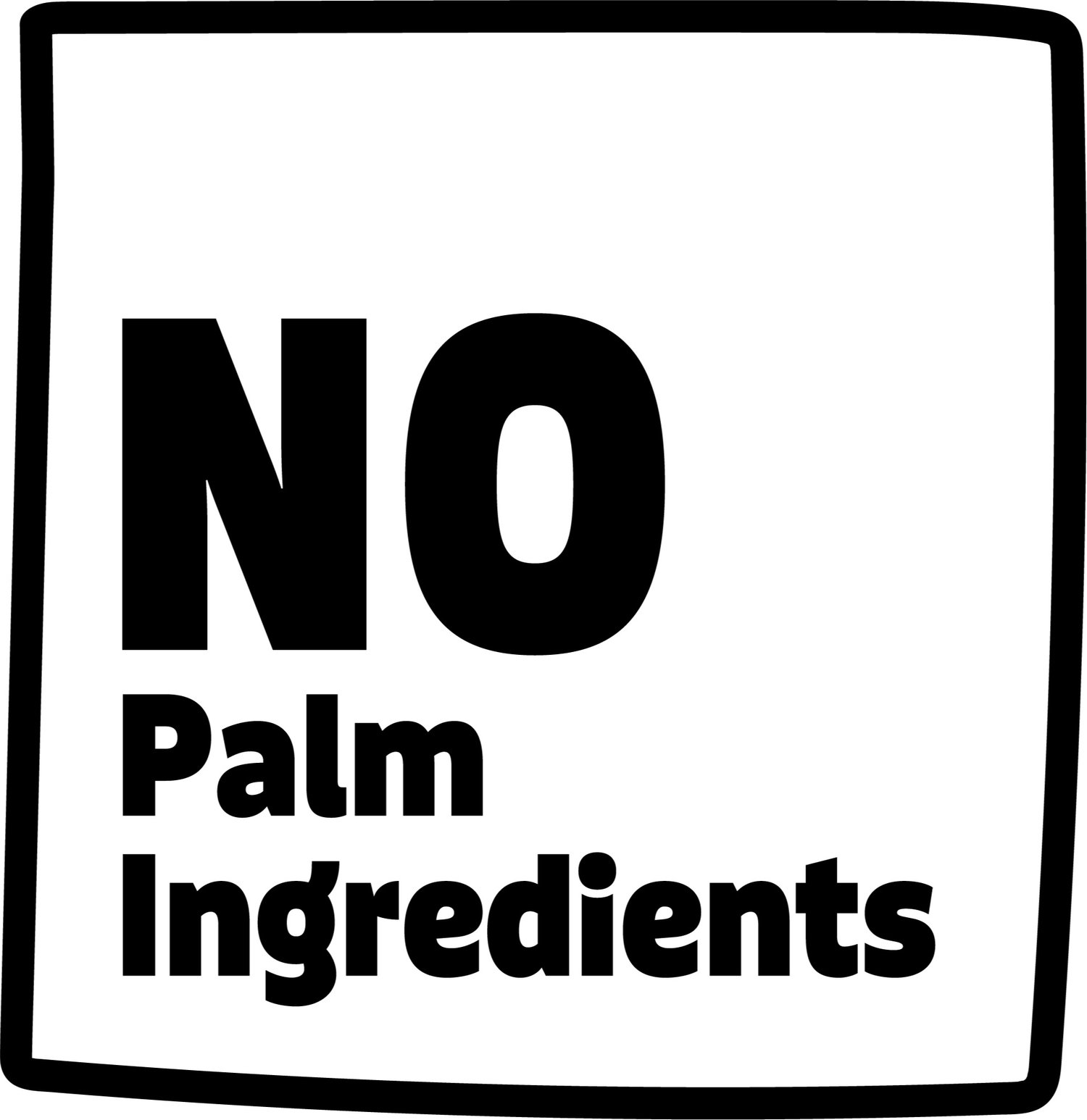Consumers Are Ready for Yeast Oil: Study Confirms Market Acceptance
A new independent consumer study confirms what we’ve believed all along: consumers are ready for a new kind of sustainable oil.
Conducted across Germany, France, and the Netherlands, the study shows that yeast oil, a fermentation-based alternative, is accepted by consumers. In Germany and France, consumers rated products made with yeast oil higher in appeal, health perception, and environmental friendliness compared to palm oil. And even with limited prior awareness, consumers across all three countries showed strong purchase intent.
This is a major step forward for food brands aiming to reformulate with sustainable fat alternatives.
Bringing Yeast Oil to the Table
The study focused on margarine, a daily-use product with high oil content, making it the perfect test case for broader application. In all three countries, the response was clear: yeast oil meets and exceeds the action standard for consumer acceptance.
“This is an important milestone for both NoPalm Ingredients and the alternative fats industry. For the first time, we have robust, independent data showing that brands can switch to yeast oil without losing consumer acceptance or purchase intent. That unlocks a critical path to market entry and scalable adoption for an entirely new category of sustainable oils.”
— Julie Cortal, Head of Business Development at NoPalm Ingredients.
In fact, when consumers were presented with the environmental and functional benefits of yeast oil, their interest increased significantly. It proves that yeast oil doesn’t just perform, it resonates.
Label Clarity, Regulatory Confidence
The study also explored consumers’ responses to different labelling options on-pack. All yeast oil references tested met the industry’s action standard, with the phrase “oil of yeast origin” performing especially well in terms of clarity.
“Clear consumer labelling is not only a commercial advantage, but also a regulatory requirement. Our data shows that ‘yeast oil’ is both well-understood and accepted by consumers. It has potential to be recognized as a customary name under EU regulations, an important step toward compliant and scalable market access.”
— Leoniek Robroch, Regulatory Affairs Manager at NoPalm Ingredients.
This offers a win-win: food brands gain consumer confidence while navigating regulatory frameworks with fewer hurdles.
What It Means for Brands & Developers
For product development teams, marketers, and R&D leads, this study provides rare early-stage validation. It confirms that yeast oil can be used in mainstream food applications without compromising on consumer acceptance and offers a low-risk route for reformulation with sustainable fats.
For customers and innovation partners, it adds another layer of proof: yeast oil is more than a concept, it’s a viable, scalable ingredient ready for market.
A Sustainable Alternative, Made to Scale
NoPalm Ingredients produces oil through a fermentation-based circular process, feeding yeast with upcycled agrifood side streams. The result? An ingredient that delivers full functionality, taste, texture, performance, with a fraction of the environmental footprint. Compared to palm oil, our process cuts CO₂ emissions by 90% and land use by 99%.
This study marks a new chapter in bringing that solution to market, with data-driven confidence for food brands ready to lead.
What lies ahead?
We’re entering a new phase of growth. With the launch of our REVÓLEO™ portfolio and the first products set to hit the market in 2026, yeast oil is moving from validation to commercial reality. Our first demonstration factory will also come online next year, bringing our scalable, fermentation-based production to industrial levels.
We’re excited to collaborate with brands, innovators, and investors as we reshape the future of oils and fats.

